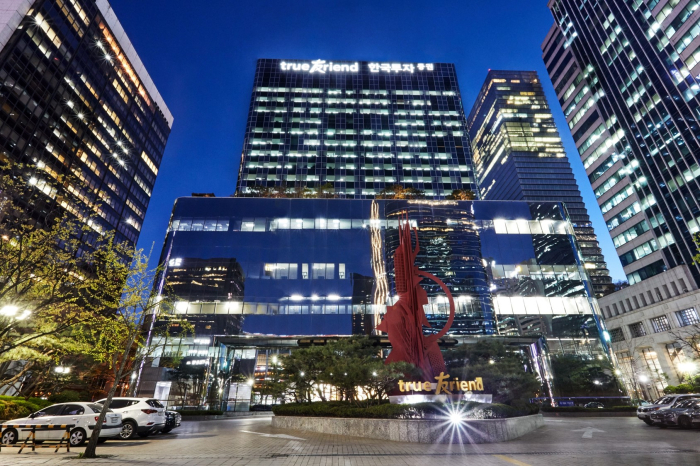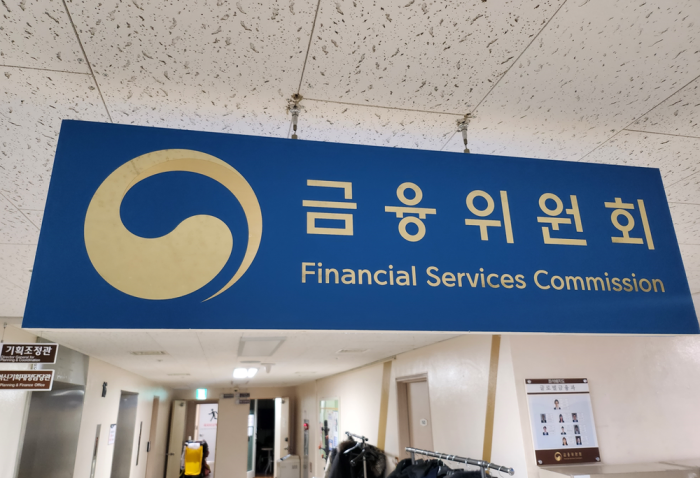South Korea’s push to develop retail entry to funding banking merchandise, significantly by way of funding administration accounts (IMAs) and short-term finance devices, is anticipated to channel a further 20 trillion received ($14 billion) into early-stage firms by 2028.
This transfer is consistent with the federal government’s broader effort to redirect market liquidity concentrated in conventional banks and actual property into enterprise capital and new applied sciences.
On Wednesday, the Monetary Providers Fee (FSC) authorised Mirae Asset Securities Co. and Korea Funding & Securities Co. (KIC) because the nation’s first securities companies approved to supply funding administration accounts, or IMAs, eight years after the framework was first created.
IMAs, primarily focusing on particular person traders, permit companies to lift as much as 300% of their fairness capital and channel them into company lending, whereas guaranteeing consumer principal.
They’re anticipated to supply annual yields of 5-8%, above native financial institution deposit charges, which at the moment sit beneath 3%.
MANDATORY ALLOCATION TO RISK ASSETS
They’re required to direct a portion of raised capital towards high-risk investments, together with small and medium-sized enterprises (SMEs), startups, enterprise capital funds and new expertise finance associations.
Underneath the regulation, no less than 10% of funds should be allotted to those sectors in 2026, rising to twenty% in 2027 and 25% in 2028.
Each Mirae Asset and KIC plan to launch their first IMA merchandise subsequent month. They’re anticipated to handle discretionary portfolios beneath the IMAs, which market observers mentioned would generate a mixed 6.6 trillion received in threat capital subsequent 12 months.
“The approval of the IMA license marks a vital turning level for redirecting extra liquidity from the banking sector into capital markets,” mentioned Kim Se-wan, president of the Korea Capital Market Institute.
If the 2 companies elevate capital to their full capability and meet regulatory necessities, their IMAs are anticipated to balloon to 16.7 trillion received by 2028 in combination.
To stop focus in low-risk belongings, investments in A-rated company bonds and loans to SMEs shouldn’t exceed 30% of the obligatory allocation.
“Violations of the obligatory threat capital allocation rule will probably be handled as unsound enterprise conduct,” Ko Younger-ho, director of the Capital Markets Division on the FSC, mentioned at a media briefing.
The designation because the operators of IMAs sits on the prime tier of Korea’s complete monetary funding enterprise regime, which grants broader funding banking powers to securities homes with no less than 8 trillion received in fairness capital.

SHORT-TERM FINANCE
On Wedneaday, the FSC additionally granted Kiwoom Securities Co. a license to have interaction in short-term finance, together with issuance of business paper, paving the best way for an growth of its funding capability.
The agency, with over 4 trillion received in fairness capital, will probably be permitted to concern notes as much as 200% of its fairness capital.
Underneath the brand new license, Kiwoom is anticipated to steadily develop its portfolio directing towards SMEs and startups, beginning with 1.14 trillion received subsequent 12 months and a pair of.8 trillion received by 2028.

NATIONAL GROWTH FUND
The regulatory strikes align with the federal government’s announcement in September to launch a 150-trillion-won Nationwide Development Fund with contributions from pension funds, monetary providers companies and people, aimed toward accelerating investments in expertise startups.
In September, the FSC mentioned it might loosen monetary rules associated to their funding actions to encourage monetary firms’ participation within the fund.
The Nationwide Development Fund and enterprise growth firms are additionally acknowledged as eligible automobiles for early-stage investments beneath the IMA framework.

OTHERS TO FOLLOW
NH Funding & Securities Co., one of many nation’s main brokerage companies, can be looking for to win an IMA license.
Meritz Securities Co., Samsung Securities Co., Hana Securities Co. and Shinhan Funding Corp. have utilized for licenses for short-term industrial paper issuance.
If regulatory approval is granted to them, a further 19 trillion received may very well be mobilized for home venture-related investments by 2028.
Together with the contributions from present industrial paper-issuing companies, a complete of 41.9 trillion received could be eligible for investments in early-stage companies by 2028.

IMAs include a compulsory holding interval of no less than one 12 months. Early redemption earlier than maturity might end in principal losses
Their estimated annual yields vary from 5% to eight%, primarily based on bond yields beneath funding grade.
Mid-yield portfolios, investing in BBB-rated company loans and infrastructure, are projected to return 5-6% yearly, based on product pointers launched by monetary authorities in April.
Excessive-yield portfolios, centered on bonds and fairness stakes in SMEs, generate returns within the 6-8% vary.
Securities companies providing IMAs are required to put aside about 5% of consumer funding funds as mortgage loss reserves.
Trade observers warn that the upcoming rollout of IMAs might deepen the divide between well-capitalized securities companies and their smaller rivals missing the monetary capability to take part.

